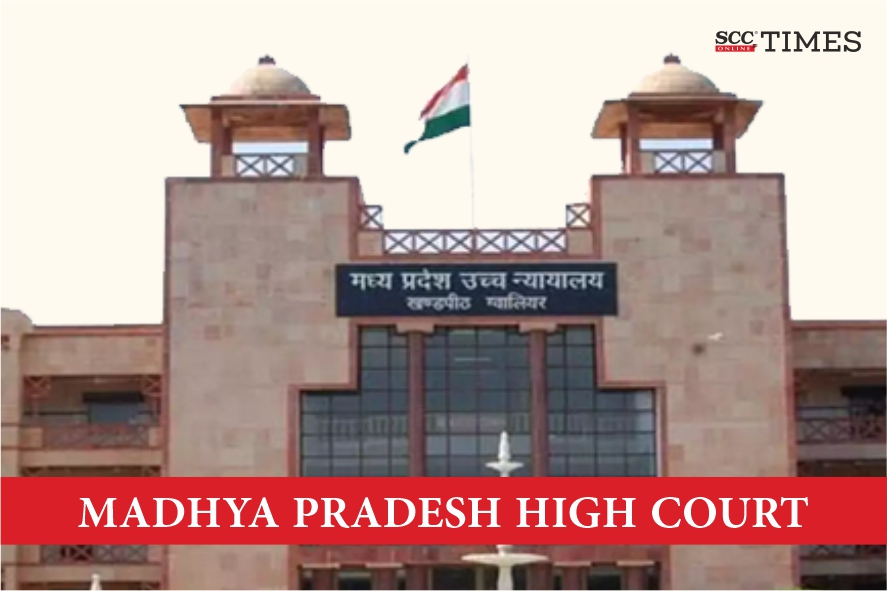Madhya Pradesh High Court: In a petition filed under Article 227 of Constitution of India seeking the quashment of the Civil Judge’s order restraining the petitioners from raising construction on the disputed land and the District Judge’s order affirming the Civil Judge’s order, a single-judge bench of G.S. Ahluwalia, J., upheld the orders restraining the petitioners from raising construction on the disputed land, citing the doctrine of lis pendens and the nature of the property as potentially being Joint Hindu Family property.
Factual Matrix
In the instant matter, the petitioners purchased land through a series of transactions originating from a sale deed executed on 10-05-2012 by defendants No. 1 and 2. The respondents filed a civil suit in 2012 seeking a declaration that the property in dispute was ancestral, and that various Wills and sale deeds related to the property were null and void. The respondents also sought partition and a permanent injunction. The Civil Judge, vide order dated 15-05-2014, granted a temporary injunction restraining the defendants from creating third-party rights. This injunction lapsed after a year. Subsequent sale transactions were made, including sales to the petitioners after the initial temporary injunction lapsed.
The Civil Judge, vide order dated 03-11-2022, restrained the petitioners from raising construction on the disputed land and later the District Judge, vide order dated 18-04-2023, affirmed the Civil Judge’s order. Aggrieved by the impugned orders passed by the Civil Judge and District Judge, the petitioners filed the present petition under Article 227 seeking relief from these orders.
Moot Point
-
Whether the sale deeds executed during the pendency of the civil suit, when no temporary injunction was in force, should still be governed by the provisions of Section 52 of the Transfer of Property Act, 1882?
-
Whether a specific piece of land, allegedly part of a Joint Hindu Family property, be alienated?
Parties’ Contentions
The petitioners argued that since the sale transactions were made when no temporary injunction was in force, the balance of convenience favored them, and they should not be restrained from constructing on their land. However, the respondents argued that the property was ancestral, no partition had taken place, and thus the sale deeds executed during the pendency of the suit were subject to the doctrine of lis pendens under Section 52 of the Transfer of Property Act. The respondents also argued that specific pieces of Joint Hindu Family property could not be alienated without proper partition.
Court’s Analysis
The Court emphasised that under Section 52 of the Transfer of Property Act, any sale deed executed during the pendency of a suit would be subject to the final decree, irrespective of whether the purchaser was a party to the suit, meaning the purchasers (petitioners) were bound by the outcome of the ongoing litigation.
The Court held that if the disputed property was indeed Joint Hindu Family property, a specific piece of land could not be alienated by a coparcener or co-sharer without partition, and at the most, the petitioners could only claim a share in the property, not any specific portion of the land.
“Although a coparcener or co-sharer can alienate to the extent of his share but he cannot alienate any specific piece of land. Therefore, at the most the petitioners can be said to have purchased a share of coparceners/Co-sharer still they are not entitled for any specific piece of land.”
Court’s Decision
The Court found no material illegality in the temporary injunction orders issued by the lower courts. The Court dismissed the petition and upheld the orders restraining the petitioners from raising construction on the disputed land, citing the doctrine of lis pendens and the nature of the property as potentially being Joint Hindu Family property.
[Ahamad Khan v. Bhaskar Ddatt Pandey, 2024 SCC OnLine MP 5157, Decided on 02-08-2024]
Advocates who appeared in this case :
Shri Shitla Prasad Tripathi, Counsel for the Petitioners







